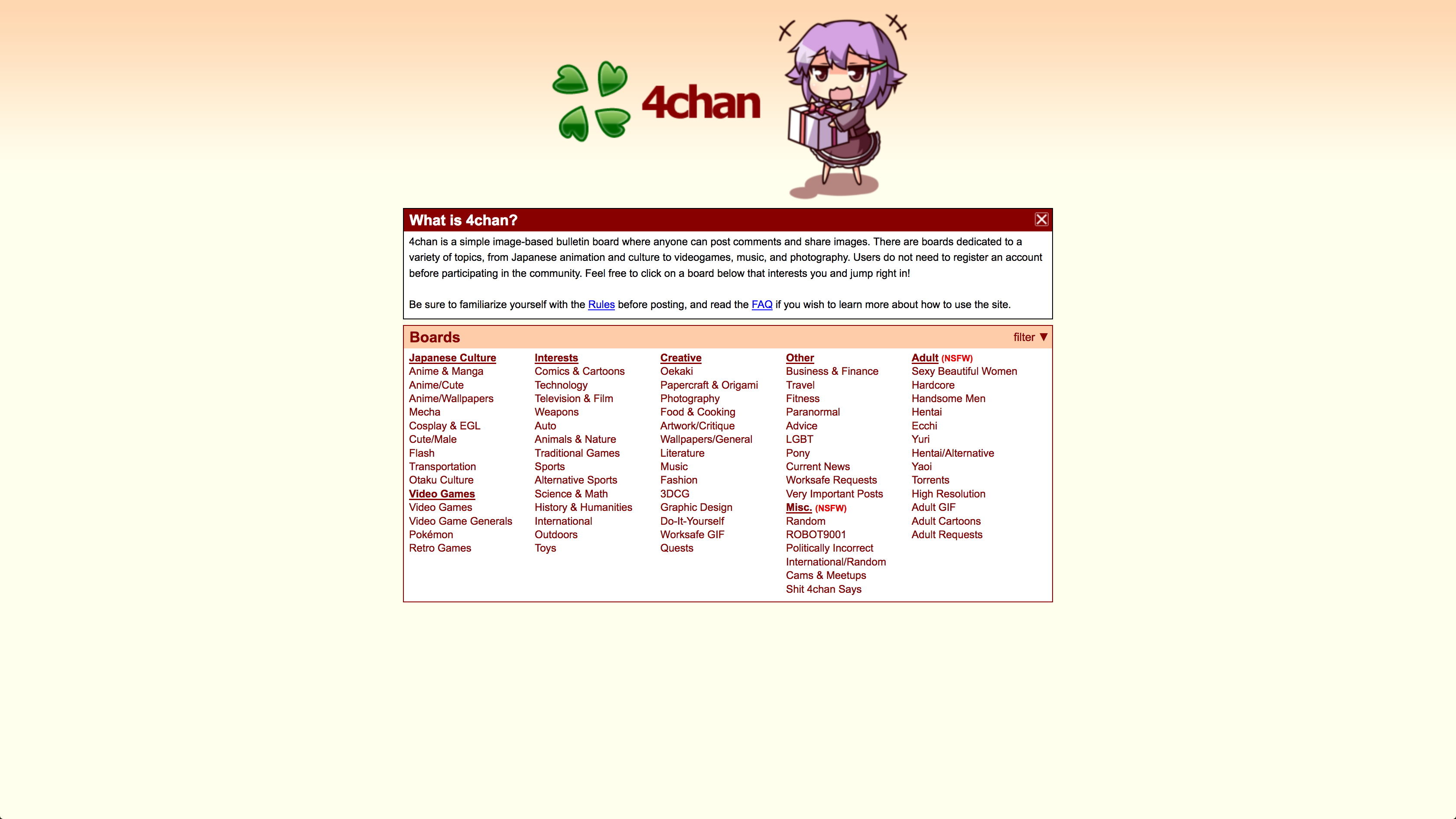But then everything changed.
Well, not really
There actually never were any formal restrictions on .org registration. It always was designated the "other" category, for websites that didn't fit into the category other domain name, such as .com or .net. And of course, domains such as .edu and .gov were always off-limits to most.
As the Web grew in popularity, it just so happened that many non-profits and other "credible" organizations did choose to register .org domain names. This may be where the false notion of .org meaning credible began to develop. I don't think it was done maliciously. In fact, since so many genuine organizations were using .org domain names, it makes sense why this belief became so popular.
Of course, the real problem is that a lot of schools started teaching students that when evaluating online sources, looking for .org in the domain name was a method to determine if a website was credible. But this just isn't true! The presence of a .org does not automatically make a website more credible.
And even worse, I believe that teaching people to look for .org as a sign of credibility can be incredibly dangerous. Instead of teaching critical thinking skills to carefully evaluate a source, it falsely claims that there's an easy way to determine credibility.




